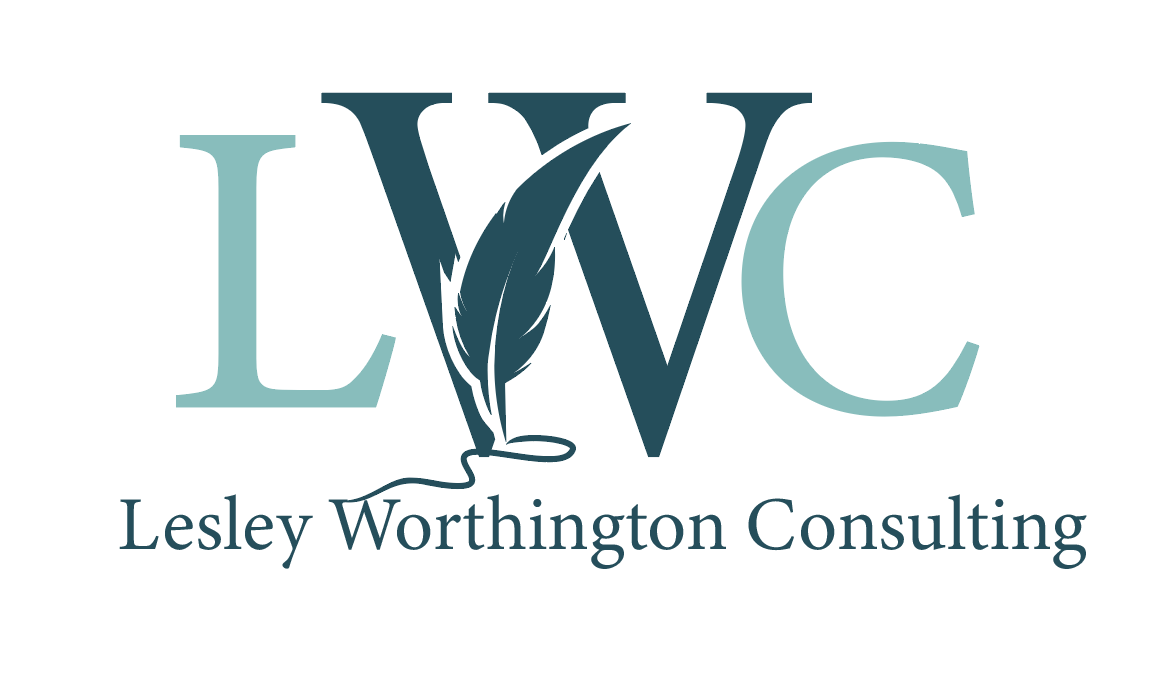Every third person on social media these days is a coach of some kind. And everyone seems to have a different understanding of what that means.
There’s actually an international certifying body ensuring that the rigours and standards of coaching are upheld. If you’re being coached by a coach with an ICF (International Coaching Federation) designation you can rest assured that your coach has been vetted, trained, and qualified (on an ongoing basis) to wear the “Coaching” hat.
 Many organizations offer “Coach Training” and issue a certificate so that people can call themselves a “Certified Coach”. This is all perfectly fine and legitimate and can leave you in good hands AS LONG AS the certifying institution has ICF accreditation. This will ensure that your coach has the skills, experience, and tested frameworks and coaching tools necessary to serve you well.
Many organizations offer “Coach Training” and issue a certificate so that people can call themselves a “Certified Coach”. This is all perfectly fine and legitimate and can leave you in good hands AS LONG AS the certifying institution has ICF accreditation. This will ensure that your coach has the skills, experience, and tested frameworks and coaching tools necessary to serve you well.
What’s the difference between coaching, mentoring, counselling, consulting, training, and teaching?
Coaching
Let’s start with coaching. Essentially, coaching is a process that maximizes personal and professional potential through structured dialogue using proven frameworks. It focuses on the client’s goals and does not involve giving advice or offering solutions. It is forward looking and focused on getting the client from where they are to where they want to be. The coach and client are viewed as equal partners. The coach is the expert on coaching; the client is the expert on their situation, issues, and best solutions.
Consulting
Consulting usually involves providing professional advice and solutions based on expertise. Consultants give answers, while coaches help clients discover their own solutions, through intentional and structured questions and other coaching techniques.
Counselling
Counselling is more about diagnosing and helping clients with emotional trauma or past events. It tends to focus on the impact of the past on the present, rather than offering solutions or prescribing actions.
Mentoring
A mentor is more often like a trusted guide who shares wisdom and experience to someone who is less experienced, often in the same field. Mentors offer suggestions and solutions based on their expertise, while coaches help clients access their own wisdom and inner resources and experiences to find solutions. A mentor relationship might also be longer term, while a coaching relationship is more contained in terms of a timeframe.
Training and Teaching
Training and teaching are essentially about passing on advice and knowledge. The trainer or teacher is viewed as the one with expertise.
Here’s how I see it:
Teaching and training = Let me tell you what I know, and then you’ll know it too.
Consulting = I know about this stuff. I’ll tell you what you have to do, or do it for you if you prefer.
Counselling = Let’s understand why this is happening and see if we can reframe things and find a better way to manage.
Mentoring = I’ve been in your shoes. I’ll tell you what worked for me and you can give it a try if you like.
Coaching = I know how to help you move things along and help you figure out what to do next to get you where you’re trying to go. So, where do you want to go?
The reality for me is that a lot of the time I do a combination of coaching, consulting, and teaching. I’ve got expertise and so I’m happy to share it. And I’ve also got coaching qualifications. So I know what I’m doing on that front, too.
I have some clients that are pure coaching clients, some that are a combo of coaching and training, and some that are a combo of coaching and consulting. It all depends on what we agree we want our relationship to look like.
If you’re curious to know more or chat about what it would be like to have my support, reach out anytime.



No responses yet